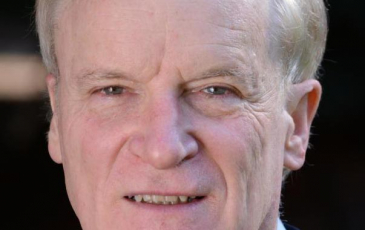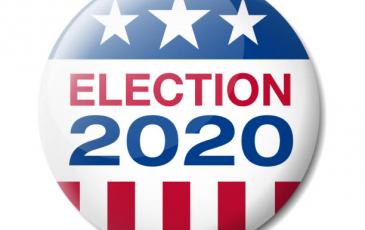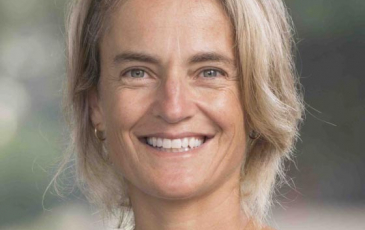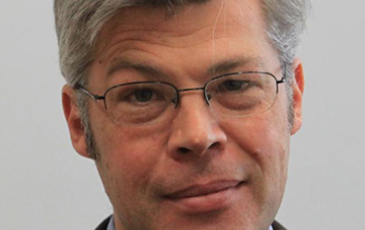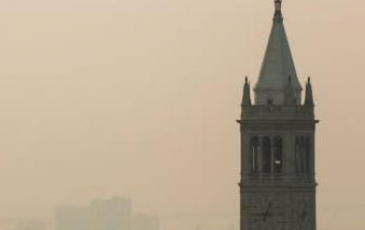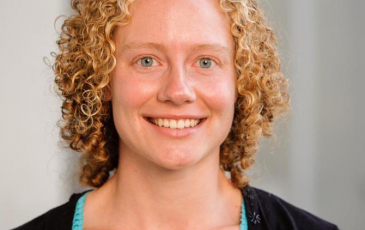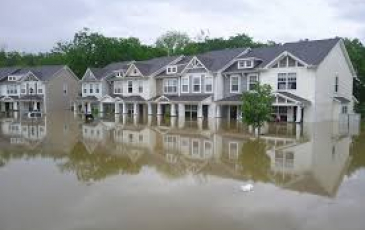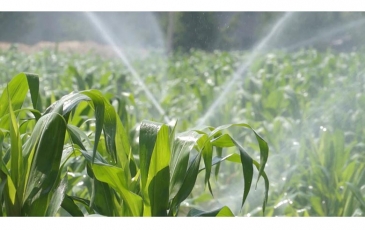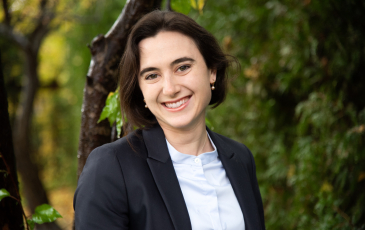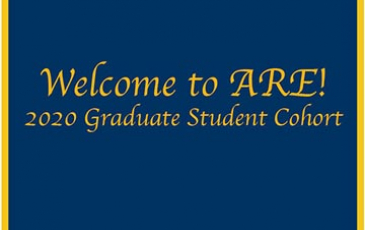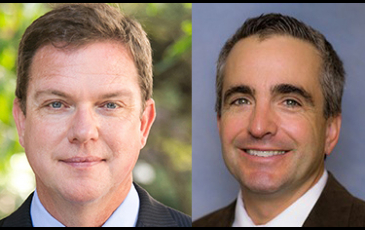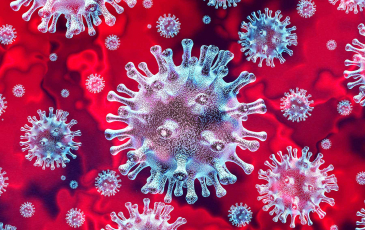The recent publication advances modeling of commodity storage and consumption, which is crucial for analysis of commodity prices and policies.
ARE Professor Brian Wright Publishes New Research in AJAE
Hear ARE Prof. Meredith Fowlie on NPR's Planet Money Podcast
The episode is titled "Sell Me Your Climate Bombs."
ARE Professor Sofia Villas-Boas Appointed the Class of 1934 Robert Gordon Sproul Chair in Agricultural Economics
The foundation of Professor Villas-Boas' distinguished appointment is her investigation in the vertical structure of markets and her work in the area of food demand. "She works on the frontier of two major topics of importance to understanding domestic agricultural and resource markets in the spirit of the intent of the Class of 1934 Robert Gordon Sproul Distinguished Professorship Chair."
ARE Professor Ethan Ligon Part of UC Berkeley Team Advancing Food Systems in New $20M AI Research Center
A new research center funded by the National Science Foundation (NSF) in partnership with the U.S. Department of Agriculture (USDA) and the National Institute of Food and Agriculture (NIFA) will aim to improve U.S. food systems to address such issues as pandemic-driven food system security and safety; improving crop yield, quality and nutrition; decreasing energy and water resource consumption; and increasing production and eliminating food waste.
Late ARE Professor Emeritus and Pioneering Economics Scholar Irma Adelman Recognized
September 21, 2020 Yale Economic Growth Center publication reflects on economics scholar Professor Cynthia Taft and honors the collaboration between Professors Taft and Adelman and their contributions as "giants and pioneers" in development economics.
ARE Professors Sadoulet and de Janvry Publish on Disaster Relief and Recovery in Mexico
Joint with Alejandro del Valle, Elisabeth Sadoulet and Alain de Janvry publish new research on government provision of disaster transfers in the American Economic Journal: Applied Economics.
New Publication by ARE Professor Sofia Villas-Boas and Co-Authors
"Random Utility Models, Wine and Experts"
Megan Lang Wins Award from the United States Association of Energy Economics
Megan Lang won the Best Student Paper Award for her paper titled "Contracting for Electricity in Low Income Countries: the Role of Liquidity Constraints and Transaction Costs."
Why is Reforming Natural Disaster Insurance Markets So Hard?
2021 ARE Assistant Professor, and current postdoc at the Stanford Institute for Economic Policy Research, Katherine Wagner, writes about three features of natural disaster insurance markets that complicate needed policy reform.
New Paper by ARE Professor David Zilberman and Co-authors on the Value of Water
The paper "The global value of water in agriculture" written by Paolo D'Odorico, Davide Danilo Chiarelli, Lorenzo Rosa, Alfredo Bini, David Zilberman and Maria Cristina Rulli, has been published in the Proceedings of the National Academy of Sciences (PNAS).
Welcome to ARE
ARE is very pleased to welcome the incoming 2020 Graduate Student Cohort to the department and to UC Berkeley!
Peter Berck to be Commemorated in AAEA August 2020 (virtual) Conference Session
Berckonomics (Bonding over Economics, Resources, Coffee and Kindness) will be the highlight at an AAEA (virtual) session scheduled August 10, 2020 3:15 PM - 4:45 PM (CDT). The session has been organized by ARE Professor Sofia Villas-Boas and ARE Alumnus ( '17) Andrew Stevens will lead the discussion.
ARE Professor David Sunding and ARE Alumnus ('96) Steve Hamilton Publish in AJAE
"Joint Oligopsony‐Oligopoly Power in Food Processing Industries: Application to the US Broiler Industry" examines settings in which food processors jointly exercise oligopsony power over farmers in the upstream market and oligopoly power over consumers in the downstream market.
ARE Professors deJanvry and Sadoulet Publish in AER with ARE Alumna ('09) Jing Cai
"Subsidy Policies and Insurance Demand" studies the impact of subsidy policies on weather insurance take-up.
New Research by ARE Professor Villas-Boas and Colleagues in the News
A paper was recently published in the American Journal of Agricultural Economics by ARE Professor Sofia Berto Villas-Boas, Joshua Berning, and three ARE Alumni: Kristin Kiesel ('09), Hayley Chouinard ('02), and Jill McCluskey ('98) titled "Consumer and Strategic Firm Response to Nutrition Shelf Labels." The paper features experimental evidence on nutrition claims.
ARE Students' COVID-19 Research in the News
ARE students have been interviewed across several media outlets relating to recent research on the effectiveness of policies intended to reduce the spread of COVID-19, research recently highlighted on this department website. Read the June 9th, 2020 article.

